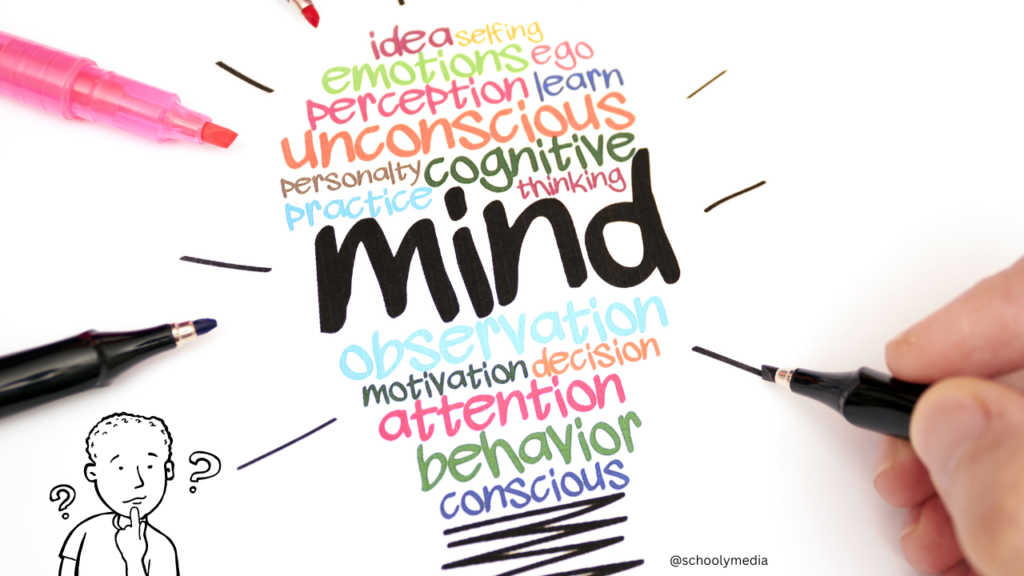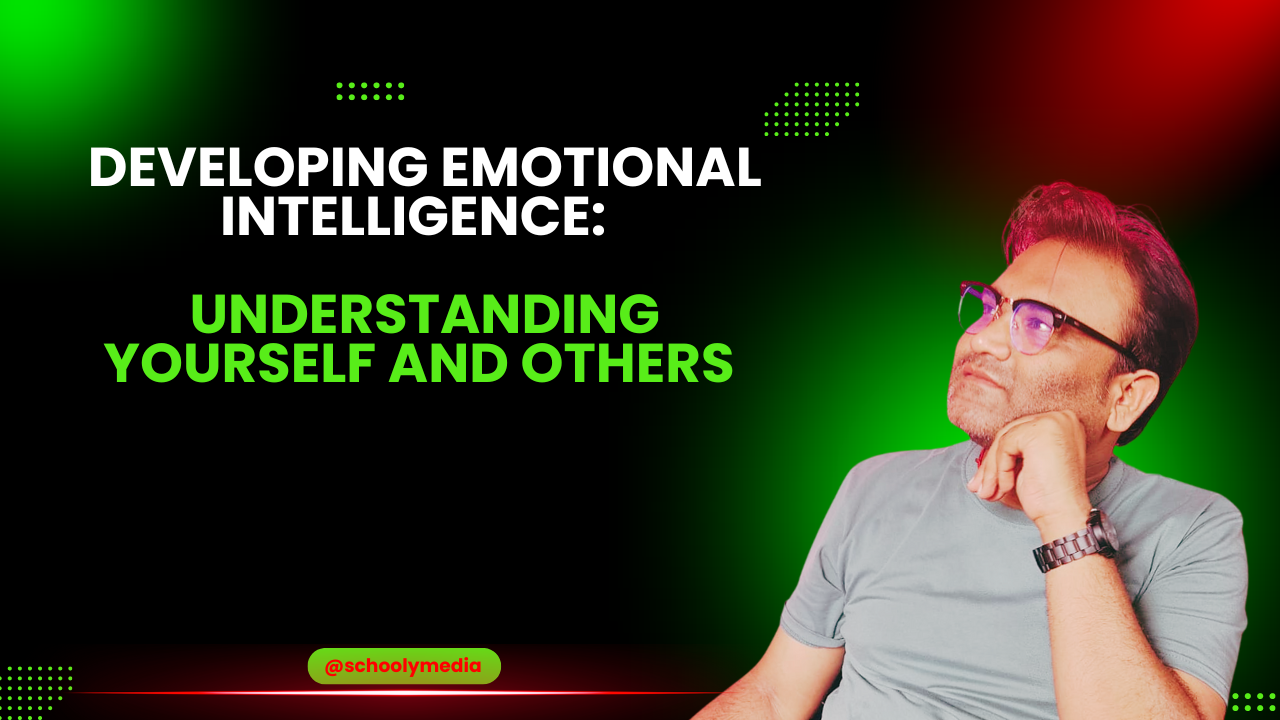During our early education, what we learn outside the textbooks is just as important. Developing Emotional intelligence (EQ) is key. EQ helps us know, understand, and handle our feelings and those of others. It’s a big deal for doing well both at school and in life.
EQ isn’t just a good quality to have. It’s essential for our happiness and success. By getting to know ourselves and showing care for others, we build better connections. This part talks about why EQ matters for doing better in school and personal life. It shows how to deal with feelings and improve how we get along with others.
Key Takeaways
- Emotional intelligence is a crucial skill for academic and personal success.
- Understanding one’s own emotions and those of others is essential for effective communication and relationship building.
- Developing self-awareness and the ability to manage emotions can lead to improved decision-making and problem-solving skills.
- Enhancing interpersonal relationships through empathy and emotional understanding can foster stronger social connections.
- Investing in the cultivation of emotional intelligence can yield significant benefits throughout one’s academic and personal life.
Importance of Emotional Intelligence in Academic and Personal Growth
I think Emotional intelligence is key for both doing well in school and being happy. It’s all about knowing and controlling your feelings. This helps you in many ways, not just at school but also foe whole life.
Recognizing and Managing Emotions
Understanding and handling your own emotions is at the heart of emotional intelligence. This self-awareness helps students figure out how they think and feel. It makes it easier to make smart choices and handle tough times well.
Learning to control your actions and wait for good things can make school go better. Studies show that students who understand their emotions do better at managing time, solving problems, and staying organized.
Enhancing Interpersonal Relationships
Feeling smart can also help in making friends and working well with others. Being able to see someone else’s point of view and talk clearly are big pluses. These skills are great for working together, avoiding fights, and having people to rely on.
Being good with people makes learning and life better. Research shows that people who know how to handle emotions often lead well, solve problems easily, and have strong friendships.

If you’re good with your feelings and others, you can really go places. Emotional intelligence helps you in school, make deep connections, and lead a rich life.
Strategies for Cultivating Emotional Intelligence
Developing emotional intelligence is key for personal growth. It helps individuals better understand their feelings and reactions. By being more aware of emotions, people can lead clearer, more empathetic lives. They can also handle tough situations better.
Exploring Self-Awareness
Understanding yourself is at the heart of emotional intelligence. It means knowing your emotions, strengths, and weaknesses. To do this, students can write in a journal, practice mindfulness, and take personality quizzes.
These activities help them better understand who they are. This deeper self-knowledge leads to better emotional intelligence and personal growth.
Cultivating Empathy
Emotional intelligence isn’t just about knowing yourself. It’s also about understanding others. Empathy is when you feel for someone else. It helps people connect with others and be kind in social settings.
Ways to build empathy include thinking from someone else’s point of view and listening actively. Volunteering is also great. It puts you in touch with different people, expanding your understanding and compassion.
By working on self-awareness and empathy, students prepare for better relationships and a more fulfilling life. They get better at understanding and supporting those around them. Emotional intelligence is a lifelong skill that brings personal and academic success.
| Self-Awareness Activities | Empathy-Building Activities |
|---|---|
| Journaling | Perspective-taking exercises |
| Mindfulness exercises | Volunteer work |
| Personality assessments | Practicing active listening |

“The greatest weapon against stress is our ability to choose one thought over another.” – William James
Conclusion
Emotional intelligence is very important. It’s about knowing yourself and dealing with others well. This skill is crucial for doing well in school and life.
Learning about emotions helps in school, in making friends, and in understanding people better. This article has tips to help. It suggests things like getting to know yourself better and how to talk to others kindly.
Understanding emotional intelligence is more than just about doing good in school. It’s about feeling happy and successful overall. By using these lessons in everyday life, you can be your absolute best. You’ll do great in what you choose to do, plus build strong, important friendships.
FAQ
What is emotional intelligence and why is it important?
Emotional intelligence is knowing, understanding, and handling your feelings. It’s key for doing well at school and in life. Why? Because it helps us know ourselves better, get along with others, and manage how we act and feel.
How can emotional intelligence be developed during the schooling years?
To boost our emotional smarts during school, there are tricks. These include getting to know ourselves, learning to see things from others’ views, and mastering how to solve fights. Training these skills early helps us figure out who we are and how to deal with friends and situations.
What are the benefits of emotional intelligence in academic performance?
Having a good emotional IQ can make school easier and more successful. Those strong in this area often find it easier to solve problems, study well, and stay calm. All these skills add up to better grades and a smoother school life.
How can emotional intelligence enhance interpersonal relationships?
Being emotionally smart helps us connect with others. It makes us better at talking, solving problems, and creating deep, good relationships. These skills work well at school and with friends, helping us be more successful and happy.
What are some practical strategies for cultivating emotional intelligence?
Want to get better at understanding and handling emotions? Try writing in a journal, staying mindful, really listening, and pretending to be in another’s shoes. These methods can deepen our emotional understanding, making us more connected to ourselves and those around us.




